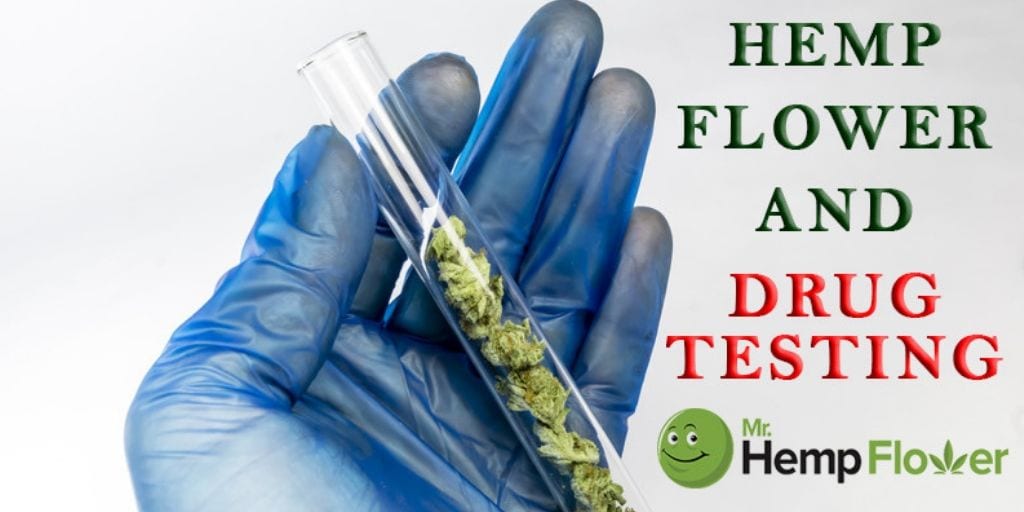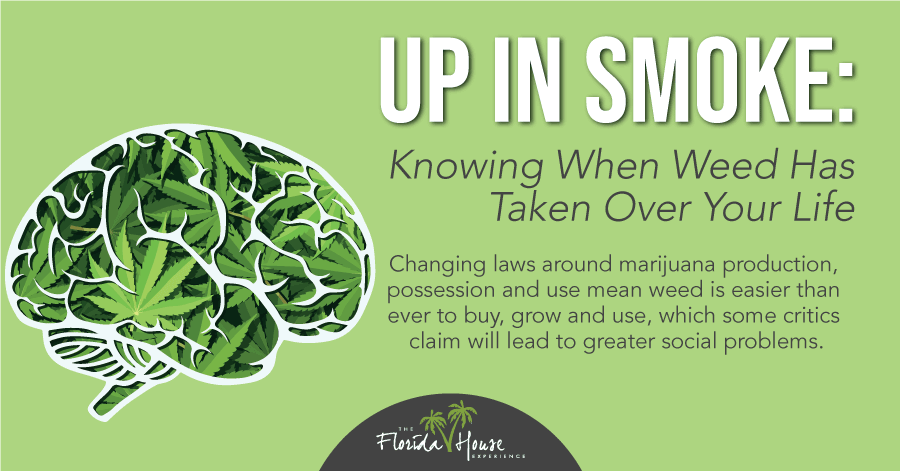
You're here to find out if hemp is legal in your area. Although it is illegal to possess, grow, or sell hemp in the United States of America, it is legal to cultivate and possess it in 35 other states. These laws are some examples.
Hemp is legal in 35 states
Nearly thirty-eight of the 38 states studied hemp legislation in 2017, ranging from clarifications of current law to new licensing requirements. Of these, fifteen states passed legislation, and four more authorized hemp research programs. Other states are examining whether commercial hemp cultivation is possible.

It's illegal to buy or smoke hemp in the United States
Despite growing demand for hemp products, it's still illegal to buy and smoke hemp in the United States. There are several states that have prohibited the production, sale, or distribution of smokable Hemp, including North Carolina, Kentucky, and North Carolina. Other states have not banned the sale of hemp products but have implemented legislation requiring retailers to register, just like they do with alcohol and tobacco sales.
Tennessee has legalized the possession, ingest, cultivation, and use of marijuana.
Although Tennessee isn't yet allowing hemp to be grown, possessed, or consumed in its entirety, it is encouraging growers and providing education about the plant. While this industry is growing quickly, it's important for you to think about legal issues before you start a hemp company. Many hemp business owners choose to create a corporate entity, which is relatively inexpensive and offers significant benefits. The Tennessee Secretary of State's Office oversees this process and sets out specific requirements for the formation of a new company.
Kansas has laws that allow you to possess, ingest and cultivate marijuana.
Kansas makes it legal to grow, possess and consume marijuana. It is against the law to sell or distribute marijuana. If you're caught with marijuana, you can be jailed for up to one year or be fined up to $2,500. You can grow 4 plants to cultivate cannabis for personal use.
Louisiana is legal to possess, ingest and cultivate cannabis
Louisiana law allows you to grow, possess, and consume hemp. Hemp was traditionally grown for its fiber and seed production. The plant contains high levels of CBD, a non-psychoactive compound, which may have therapeutic benefits. Louisiana Department of Agriculture and Forestry are currently creating rules for growing and product dissemination. Louisiana's medical marijuana use is also subject to doctor approval.

Connecticut has laws that allow you to possess, ingest and cultivate cannabis.
In Connecticut, medical cannabis patients can now start growing their own medicine. Patients aged 18 and over can now grow up to six plants at their home. Depending on how many adults live in the house, they could have up to twelve plants. Cannabis patients must comply with strict guidelines. This includes not giving cannabis to their pets. If they do so, they could be subject to Class C misdemeanor prosecutions. Adults 21 and older will be able to grow their own cannabis starting in July 2023.
FAQ
What are the most common mistakes companies make when they try to enter the US market for cannabinoid products?
It is easy to make a mistake by not knowing the regulations surrounding cannabis products. This could cause you to have to modify the formulation of your product.
The second mistake is not knowing how to properly label your product. You must know whether your product contains CBD, THC, or both.
Third, it is important to understand how to properly package your product. If your product contains THC you should ensure that it's packaged in child-resistant containers.
If your product does not contain THC, then you should still follow all packaging laws because there are many states where cannabidiol (CBD) is legal.
Remember to keep track of any recalls for your products. It is crucial to notify customers as soon possible if you have a problem with your product.
How can CBD products successfully be marketed by companies in compliance with regulations?
The FDA does NOT regulate hemp as an agriculture commodity. However, the agency regulates all other cannabis derivatives (e.g., marijuana) under the Controlled Substances Act. CBD is not covered by any regulations.
CBD is legal at state level in 29 US states. Federal law considers it illegal. This uncertainty is a problem for CBD-product sellers.
The FDA also has guidelines for how CBD products should be advertised. THC content must be clearly disclosed. Without supporting scientific evidence, CBD cannot be claimed to treat certain medical conditions.
Additionally, the FDA requires manufacturers submit information about manufacturing practices and quality control. They require companies to carry out clinical trials to prove safety or efficacy.
Companies should consider these factors when developing their own marketing strategies.
What CBD products sell the most?
CBD products can be found all over these days. People are buying them for everything from anxiety to pain relief. The market is big and growing fast.
But what are people buying CBD oil for? And how does this affect you as a brand owner?
Statista states that CBD products are bought for their relaxing effects. They are also bought for their anti-inflammatory qualities.
This means that products with both CBD or THC can be sold both for recreational and medicinal purposes.
But what about brands who are focused on one purpose only? One example is CBD for stress relief.
Furthermore, a brand who focuses on CBD-based medical uses will be able to attract a lot of customers.
But, if a brand is looking to target recreational users they will need to develop a unique selling position (USP). A USP can be described as a unique selling proposition (USP) that is unique to a brand.
Some brands offer free shipping while others offer bulk discounts.
Statistics
- A recent systematic review of human trials also reported that individuals with epilepsy receiving CBD (5–20 mg·kg−1·day−1) were more likely to experience decreased appetite than those receiving placebo (i.e., ~20 vs. 5% of patients) (ncbi.nlm.nih.gov)
- The use of these products is likely to become even more widespread if the World Health Organization's recommendation that CBD no longer is scheduled in the international drug control conventions is adopted by the United Nations member states [201]. (ncbi.nlm.nih.gov)
- The inhibition of FAAH is predicted to lead to an increase in brain and plasma concentrations of AEA, which acts as a partial agonist at CB1R and CB2R, thereby increasing endocannabinoid tone [92, 110]. (ncbi.nlm.nih.gov)
- OralWhere HED is the human equivalent dose, and Km is a correction factor estimated by dividing the average body mass (BM) of the species (60, 0.020, and 0.150 kg for 11 humans, mice, and rats, respectively) and by its surface area (see: Nair et al. (ncbi.nlm.nih.gov)
- CBD seems unlikely to directly influence sleep in healthy humans [115] (and maybe “sleep-promoting” in those with certain comorbid conditions) (ncbi.nlm.nih.gov)
External Links
How To
How to promote CBD on social media
Social Media channels like Facebook and Twitter allow you to promote your product such as Pinterest, Instagram, Twitter, Instagram, Pinterest, and others.
Social Media Marketing, or SMM, is one of the most powerful marketing tools today. It allows you to reach out to prospects and customers on a large scale, without ever needing to send out mass emails or pick up the phone. Only thing that can hold you back is your imagination. So what do YOU think would work best for YOUR business?
CBD is a Cannabis sativa plant extract, which has been known for its healing properties. Although there are many different types of CBD products, the two main forms are isolate and full spectrum. Isolate is made with pure CBD oil from the hemp plant. Full spectrum means that the cannabinoids come from the entire plant.
Full Spectrum CBD Oil is made from the whole hemp plant. It contains some THC, which makes it legal in certain states. THC is considered a Schedule I drug, so CBD oil without THC cannot be obtained if you're in an illegal state. Although hemp plants contain very little THC, they do contain enough to make them illegal.
For example, if you sell CBD products online, you could advertise on Facebook. It's unlikely that you would want to advertise via YouTube or Pinterest, as these platforms can be detrimental for CBD promotion. You need to pick the platform that is most appropriate for your audience. Medium may be an option if you're looking to reach people that prefer reading articles to watching videos.
Your goal is to attract new leads to your website and convert them into paying customers. This means attracting the attention of potential customers. To achieve this, you must provide value first. Once they find value in your content, they will come to know you and trust you. Your lead will grow when they trust your content.
These sections will show you how to manage and set up your Facebook advertising campaigns.
Facebook Advertising Setup
Create an Ad Account
To create an ad account, follow these steps:
-
Click on "Create New Campaign"
-
You can enter a name to help you build your campaign.
-
Choose a location to display your ads.
-
Pick whether to target particular locations.
-
Set your budget.
-
You can check the box next 'Advertising Manager.
-
Click "Next Step."
-
Scroll down and select the page layout for your ads.
-
You can add tags to any campaign by clicking on the "Add Tags” link.
-
Click "Save and continue."
-
Follow these instructions to complete all fields.
-
Click Continue to proceed
-
Complete the following information.
-
Continue
-
Check the information and then click on Confirm.
-
Your account was created.
You can now add keywords and targeting options to your ad account.
Targeting options
As mentioned previously, Facebook provides four ways to target your advertisements:
Location-Based Targeting:
Target users based upon their location by using either a city, post code, region or country. For example, targeting anyone living within 100-miles of Seattle, Washington, is possible.
Demographic targeting:
You can target people by their gender, age, relationship status, education, income or interests.
Interest-Based Targeting:
You can target people based upon their level of interest in your product. If someone is interested in hiking, for example, they can be targeted.
Behavioral Targeting:
This is similar to interest-based targeting, except instead of targeting people based on their interests, you are targeting people based on what actions they take. This could be used to target people who click on your hyperlink and visit your site.
Keywords
Keywords are one of the most important parts of any successful Facebook marketing strategy. They are used to place your ads on Facebook. After creating your ad accounts, you will be asked for a list of keywords. The size of your account will affect the number of keywords you are allowed to include.
Keyword Suggestion tool:
It may help to use the keyword suggestion tool located at the bottom right-hand corner of the screen when entering keywords. It allows you to search for keywords similar to your current selection.
Keyword Suggestions
The suggestions you see after you've entered your keywords will differ depending on the type of targeting that you chose. There will be different suggestions for each type.
Then, follow the prompts and you will get your first ad published.